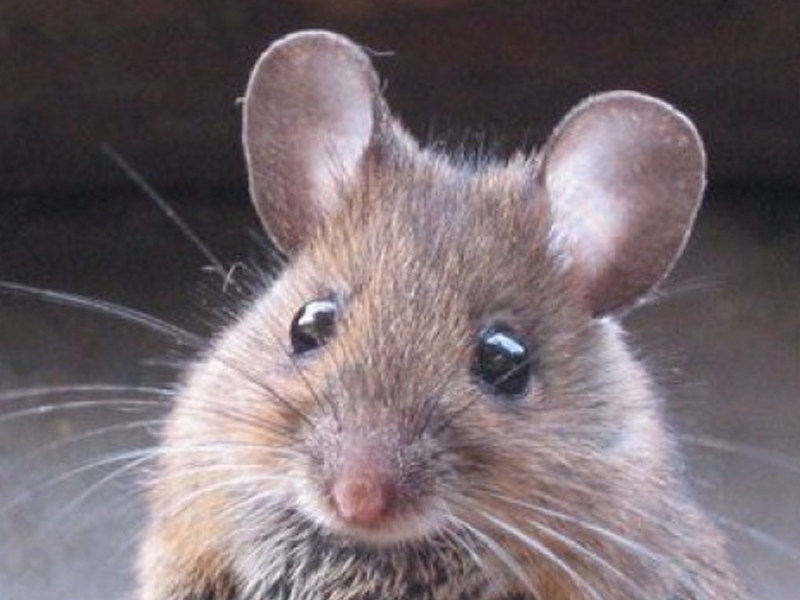
Once upon a time, there were two homes. They were identical in almost every way. Each was part of a two-story duplex. Each had three bedrooms, two and a half baths, a living room, an eat-in kitchen, central air and a cat. The cat in 105 was named Hildegard. The cat in 107 was called Gustaf. To the 19 mice who lived in each home, the names really didn’t matter. They just knew that their cat was a problem they needed to eliminate.
The mice in 105 got together and planned their strategy. They studied the latest tactical literature. They were intrigued by the primer on building a better mouse trap, “Who Used My Cheese?” but didn’t think it would work on a cat. They had many meetings to discuss how to confront Hildegard. They even went on-line (mice work well with computers) where they looked up “survival,” “battle,” “intimidation” and “victory.”
From all their research, they discovered that many of the biggest companies thrived from internal competition: “We weed out the weakest and watch others compete for the top positions.” This “survival of the fittest” approach made sense to the mice of 105. They would identify the strongest mouse to lead them against Hildegard. Their strategy involved putting all the mice through the same training regimen. They conducted exercise classes where all the mice trained the same way. They developed strength by lifting spools of red tape. (Some management examples seemed to imply that it was important to be able to leverage plenty of red tape.) They also used meetings to build up endurance – not saying anything – just sitting and holding their breath.
Finally, the mice of 105 paired off and competed against each other. At the end, one mouse emerged as the clear winner. He had survived the meetings with the greatest endurance; he had dealt most effectively with red tape, and he had found weaknesses in the other mice that he could leverage to his advantage. He was the Champion to fight Hildegard.
Meanwhile, the mice of 107 were also trying to figure out how to beat their feline opponent. They also checked out the internet, searching for “innovation,” “synergy,” “pre-emption” and “planning.” They pursued literature, including the landmark book, “Gouda to Grate” which did not show them how to move cheese, but how to break it down and make it useful.
The mice of 107 also exercised and held meetings. But they looked at how to work together, rather than compete against each other. They assessed their individual and collective strengths. They realized that some of the mice were very fast. Some were very good at gnawing. And others were good at searching and collecting. They talked a lot about the cat and realized they did not know much about Gustaf, so they went back on-line and researched “cats.” From this they realized that they could not defeat Gustaf…they would have to outwit him.
The mice of 107 stopped exercising. It was not bringing them closer to their goal. They used their meetings to openly discuss options. Finally, the plan was developed. They knew how to get rid of Gustaf.
On the same day, the two groups of mice put their plans into action. In 105, the Champion mouse was preparing to fight Hildegard. Unfortunately, by now, all the mice were exhausted from internal fighting and there was no one to help the Champion. He would fight alone, even though he was also tired from all the competition.
Meanwhile, the mice of 107 had gnawed a hole in the wall joining the two homes. After the hole was large enough for Gustaf, the three fastest mice acted as bait and Gustaf chased them through the hole into the home next door. As soon as Gustaf passed through the hole, the mice who were good at gathering things placed obstacles that prevented the cat from getting back through the hole, while allowing the speedy, but smaller mice to return. Eventually, they were able to plug up the hole completely.
Gustaf, however, had no desire to return. Once in 105, he was pleasantly surprised to meet Hildegard. He was also happy to find 19 tired mice, including the ill-prepared and unsupported Champion, all of whom he and Hildegard easily rounded up and enjoyed for dinner for days to come.
The Moral? Focus on beating the enemy, not your own compatriots. It is empowerment and support, not infighting, which strengthen an organization. Anything else leads to Cat-astrophy.